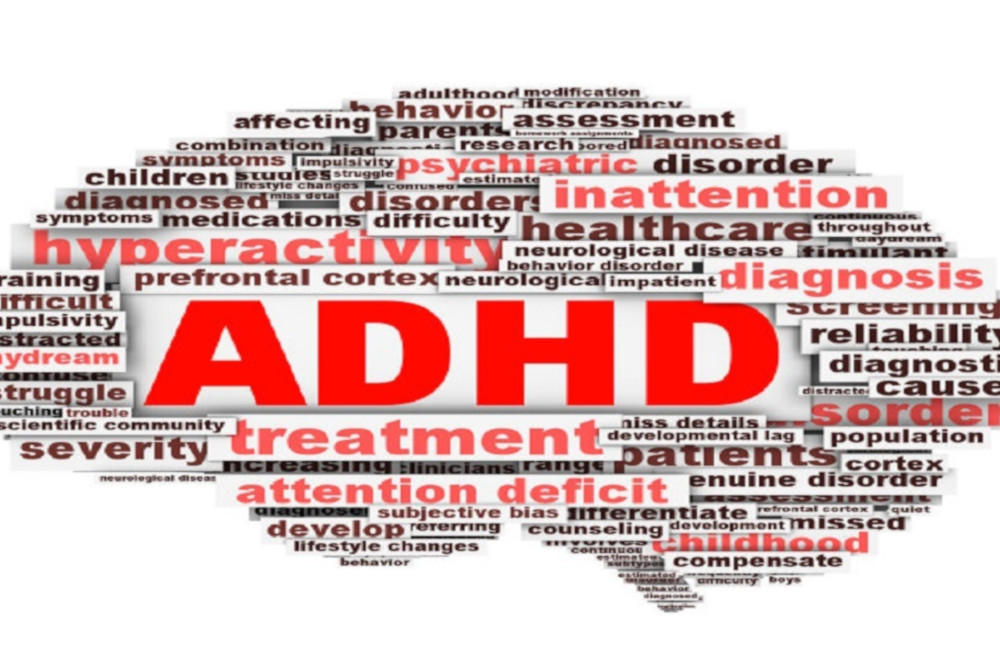
Parents, doctors and other stakeholders are welcoming the approval of a device to help treat children of a certain age with attention-deficit/hyperactivity disorder (ADHD), but with caution.
The device, which delivers low-level stimulation to the part of the brain associated with ADHD and is placed on the child as they sleep, was approved by the FDA largely working off the results of a small-scale study funded by its makers.
“The FDA did the right thing approving, finding there is no big risk in the short term,” said Max Wiznitzer, co-chair of the professional advisory board for Children & Adults with ADHD (CHADD), “but everbody, all the stakeholders, want more study.”
Just over 60 children aged seven to 12 with moderate to severe ADHD, the target cohort, took part in the study, with half given use of the device and the others attached to one that delivered no stimulation. Researchers found a “statistically significant improvement” in reducing their symptoms.
The trial showed the use of the device was associated with improvement in the treated population, said Wiznitzer.
Researchers noticed the biggest improvement in the first week, but still some further during the four week trial, Wiznitzer told FDA Health News.
Notably, he added, when the participants were tested in the week following the trial, there was much less of an improvement.
While the devices were found to be safe — though side effects such as increased appetite, fatigue, and headaches were reported by parents — the study was small and took place over a short period of time, Wiznitzer, the director of the Rainbow Autism Center at Rainbow Babies and Children's Hospital in Cleveland, said.
He and other would like to the study replicated, and further monitoring over a longer period of time to check the side effects and any other risks. The physician did note that other stimulants on the market have proved not to be a problem.
The monitoring should also include finding out how it may complement medications, said Wiznitzer, adding that it may be particularly appropriate for children who cannot tolerate stimulants delivered via drugs.
The Monarch eTNS device will cost parents about $1,000. It is not yet covered by insurance.




